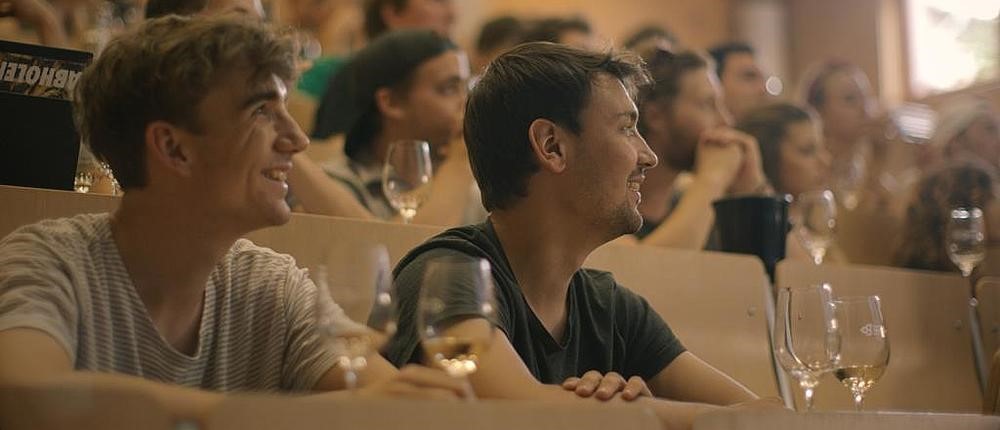At a glance
For: students
Topics: doubts about your studies, the threat of dropping out, solving problems during your studies, motivation for academic success, coping with study requirements, dealing with failure
Location: Darmstadt University of Applied Sciences
If completing your studies is at risk – offers of support
With the increase in study and training opportunities, the information needs of prospective students have increased significantly in recent years. The doubts of many students as to whether they have chosen the right subject for them or how they can meet the study requirements in their desired subject are also increasing. Many students need support to successfully deal with these questions and doubts.
Orientation and support
This is where the OasE project (orientation to sensitive decision-making situations) comes into play. We develop advice and support services for students who have doubts about their current study situation for various reasons. The focus is particularly on students who progress more slowly than expected in their studies and can therefore end up in a downward spiral that can even lead to dropping out of their studies.
These students should be reached earlier in the future: An introduction to focused advice should be systematic study progress monitoring that uses criteria to identify students who need advice. These students are then actively addressed and supervised in the second step.

The focus is particularly on students who progress more slowly than expected in their studies and can therefore end up in a downward spiral that can even lead to dropping out of their studies.

The support includes in-depth advice on personal and professional problems in relation to the requirements of studies and student life, which then provides students with a portfolio of solution strategies. Possible offers include learning support offers, general advice offers and, if necessary, psychological support.
Contact person
Tanja Bender-Niemann , Darmstadt University of Applied Sciences


